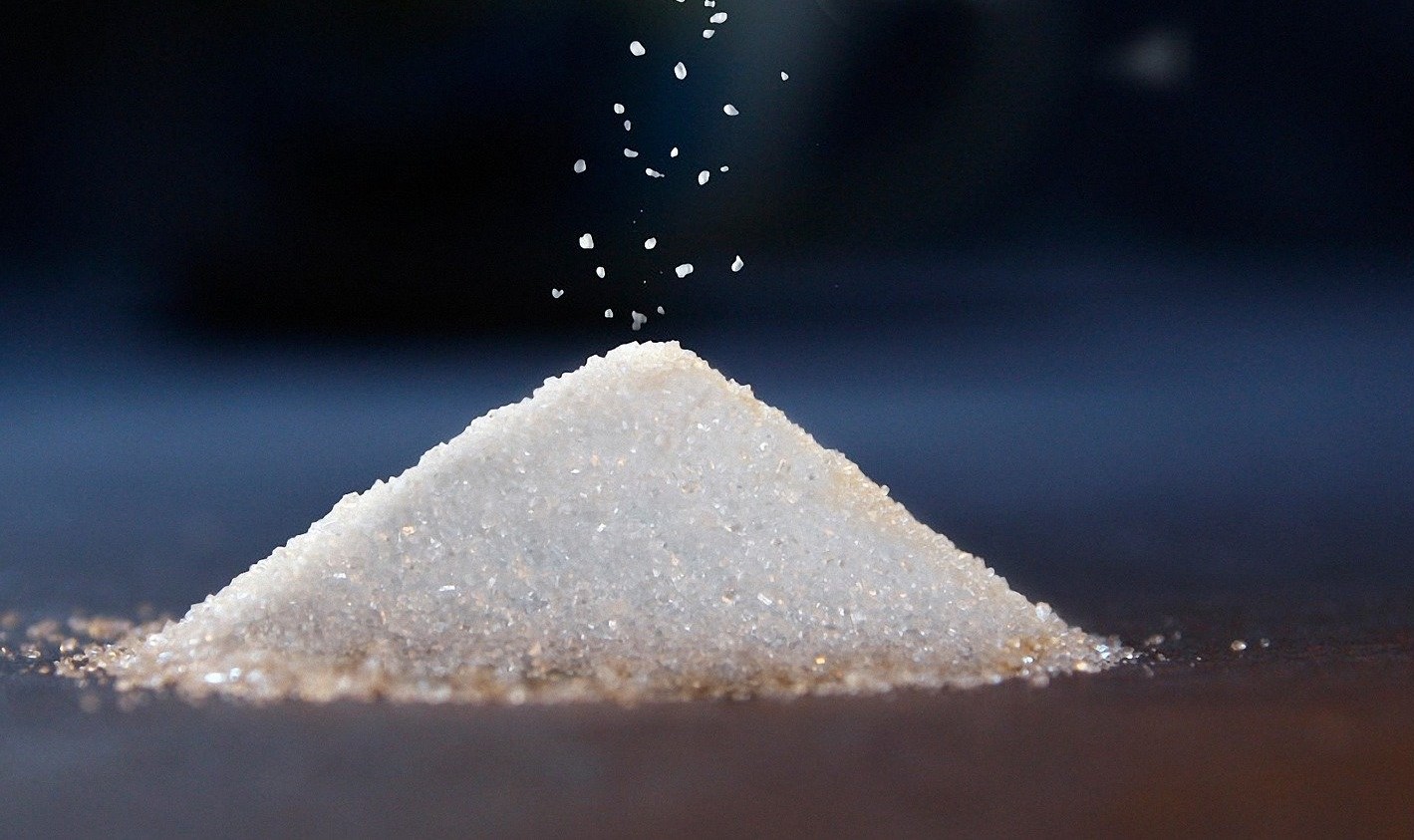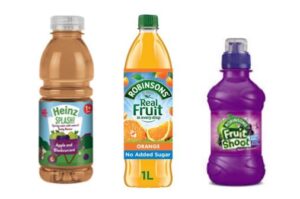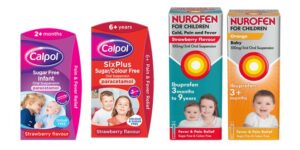
Each time we eat sugary food and drink, the bacteria in dental plaque produce acid that attacks teeth. If we eat or drink sugary foods frequently throughout the day we have more ‘acid attacks’, which can lead to tooth decay.
Children get a lot of sugar from fizzy drinks, juice drinks, buns, cakes, pastries, biscuits, breakfast cereals, yoghurts, sweets, chocolates and ice cream – reducing these will help reduce the risk of tooth decay. Follow these top tips:
Eat a healthy diet, replacing sugary snacks with fresh fruit, vegetable sticks, cheese and crackers, pitta bread and humous, bread or toast. Only give sweet foods (including dried fruit) at mealtimes.

The more children like their water bottle the more likely they are to drink from it too, so why not buy a plain re-usable water bottle and let your kids decorate using colourful marker pens.

No added sugar does not mean that the drink doesn’t contain sugar. All fruit juice contains sugar as it is present naturally, but once broken down it becomes a free sugar which can cause damage to our teeth.

If children are on frequent medication which is not sugar free, this can lead to problems with tooth decay. Any medicines containing sucrose, lactose and glucose contains a form of sugar, they should be avoided in between mealtimes
Ensure your child brushes their teeth regularly – get more information on brushing teeth, fluoride and what to do if tooth brushing is difficult.






